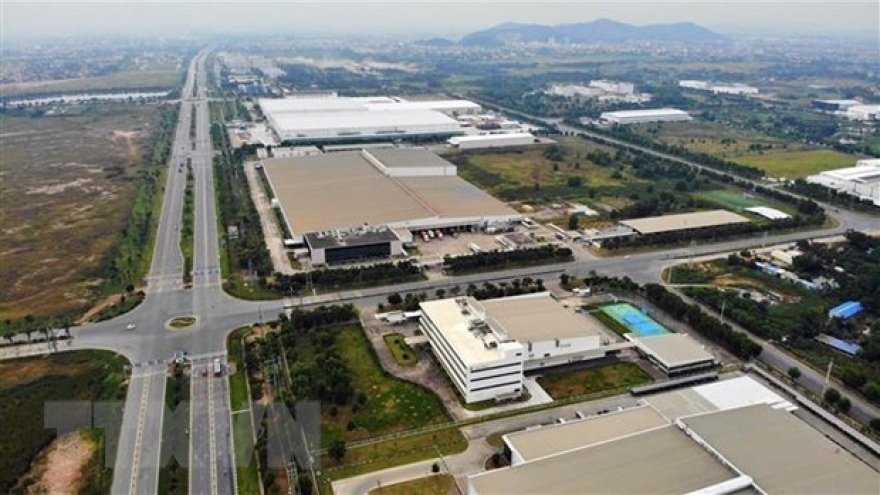Real estate industry has hard time getting back on its feet post-pandemic
Real estate businesses in Ho Chi Minh City are gingerly reopening, mostly consulting and carrying out transactions online due to the COVID-19 prevention and control regulations still in force.

Tran Trong Tien, general director of a real estate brokerage in Binh Thanh district, said his company resumed operations at the beginning of October but is only allowed to have 30% of employees in office.
"Our main projects are in Phu Quoc Island and some other localities, but … we cannot take visitors to show them the projects, and most consultations are online."
Pham Lam, chairman of real estate services firm DKRA Vietnam, said most businesses in the industry had resumed operations, but were effecting few transactions since customers were hesitant to buy when they could not personally see the products. Most were opting to wait until they see them.
Nguyen Huong, General Director of Dai Phuc Land Real Estate Joint Stock Company, said the COVID-19 pandemic caused great difficulties for real estate businesses: all their previous plans had been binned and most faced cash flow pressures.
Banks cut lending to real estate business in the first half of this year, and this is likely to continue.
LienVietPostBank's financial statements show that loans outstanding to the real estate sector fell in the first 6 months of this year by 52% to VND1.67 trillion (US$72.6 million), or only 0.87% of total loans.
At VPBank, the figure fell by 12% to VND32.4 trillion.
Chairman of the HCM City Real Estate Association Le Hoang Chau wants the central bank to instruct lenders to reduce loan interest rates by 2 percentage points, extend payment terms and roll over loans and not turn them into bad debts to enable the industry to recover.


